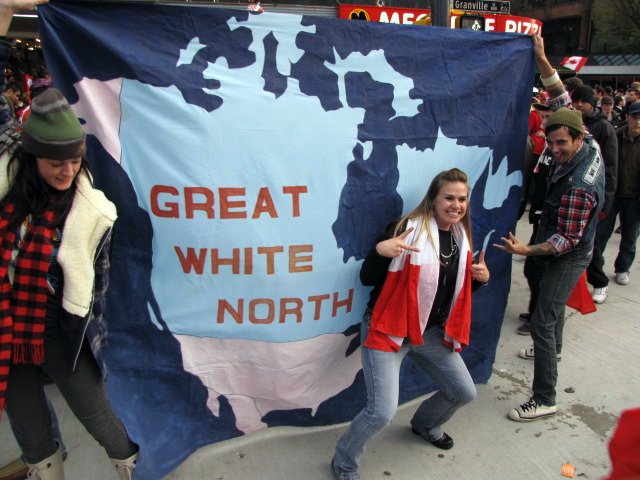
What is Canada?
To give us all an idea of our preconceptions coming into the course, write your blog entry on what you think Canada is and what the storyline(s) of Canadian history are; i.e. “Canada is ….” And “Canadian history is about ….” – you fill in the blanks!